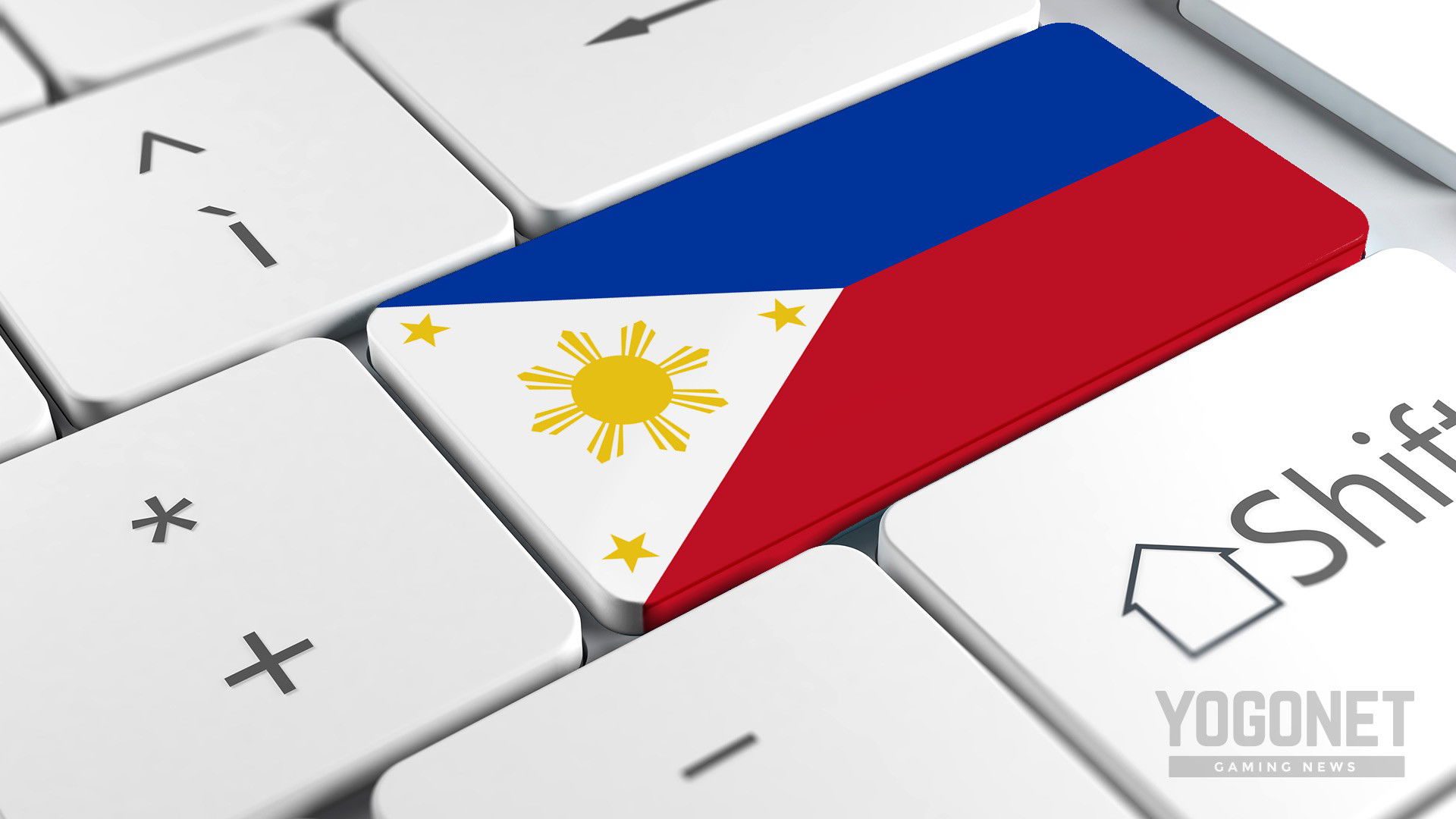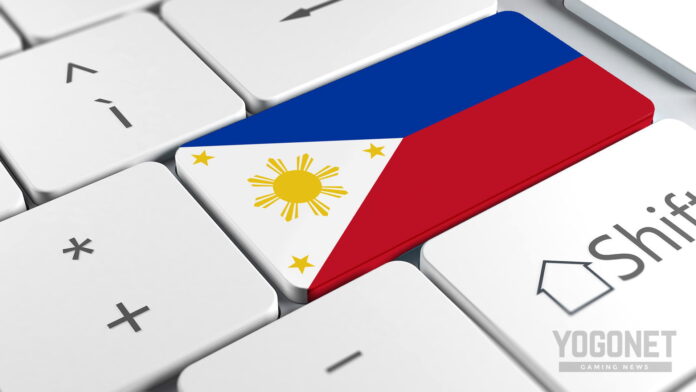
The Philippines’ online gaming sector has surged to unprecedented heights, with annualized gross gaming revenue (GGR) reaching $2.4 billion in Q3 2024, according to data from the Philippine Amusement and Gaming Corporation (PAGCOR). This figure represents about 70% of the country’s land-based gaming GGR, says investment bank Morgan Stanley, underscoring the rapid expansion of the digital gaming landscape.
The online segment has also become the largest contributor to gaming taxes, generating PHP28 billion ($490 million) in Q3 2024, surpassing land-based collections. The sector’s growth has been meteoric, climbing from 40% of land-based GGR in Q1 to 60% in Q2 and now 70%.
“Philippines online gaming’s annualized gaming revenues in Q3 were tracking at $2.4 billion, equivalent to 70% of land-based GGR,” analysts at Morgan Stanley noted.
Despite a robust tax contribution, PAGCOR’s collections have fallen short of projections, possibly due to elevated setup fees for newly licensed operators. The current tax rate of 35% will be lowered to 30% for most operators and 25% for integrated resorts starting January 1, 2025, aligning online rates more closely with land-based gaming, which is taxed at 25% for mass gaming and 15% for junket gaming.
DigiPlus, a leading online gaming operator, now controls 50% of the domestic market share, with 30 million registered users, surpassing Bloomberry Resorts Corp. in both GGR and EBITDA since Q2 2024.
However, competition is heating up. Bloomberry plans to launch a new online gaming app under a distinct brand from its Solaire operations in Q3 2025, aiming to capture a different clientele.
The competitive landscape is set to evolve further with the planned tax rate reductions and new entrants like the aforementioned Bloomberry’s forthcoming app, according to the Morgan Stanley report.
In the Philippines, online gaming now generates 70% of land-based GGR, a stark contrast to the 30% share in the United States, where the land-based gaming market is valued at $23 billion.
PAGCOR has emphasized the growth of domestic eGames—covering eCasino, eBingo, sports betting, and specialty games—as a critical driver for the local industry.
At the same time, the government is phasing out the Philippine Offshore Gaming Operators (POGO) sector, with a complete ban set for January 1, 2025, reflecting a shift in focus toward domestic growth.
Original article: https://www.yogonet.com/international/news/2024/12/20/89261-morgan-stanley-philippines-online-gaming-ggr-hits-24-billion-outpaces-landbased-growth














